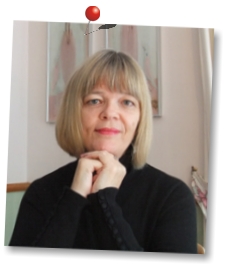Exposing Oneself
I’ve always been amazed at how people are willing to lay bare their problems on TV be that naughty kids, dirty houses, poor body image or chaotic financial management. Not that I don’t identify with all of the above but the thought of sharing my insecurities with anyone other than family and close friends makes me cringe! To an extent, I feel the same about memoir writing.
As it happens (these things are never planned), this month I’ve read several memoirs. I was interviewing Cathy Rentzenbrink at Beverley Lit Fest so read her first book, The Last Act of Love. ( This might seem obvious but the lovely Cathy told me that not all interviewers do read the book. Being a rookie, I was prepped to the tweezed eyebrows, having read it twice, taken notes and listed quotations) Because of its subject matter the book is inevitably sad: Cathy’s older brother was knocked down by a car when he was 17 and remained in a coma until the family had to go to court to gain permission for switching off his life support. The memoir details the process of Cathy’s grief and she’s hard on herself, not flinching from detailing her drinking and sometimes destructive behaviour. And despite Mark Twain’s assertion that ‘ it is impossible for a man to tell the truth about himself or to avoid impressing the reader with the truth about himself……’ ( let’s assume this applies to women too) it’s hard not to read The Last Act of Love as a brutally honest first hand account of a family’s loss.
Perhaps Twain was referring to memoirs by public figures which can tend towards self-aggrandisement and / or include mountains of tedious detail ( though I’ve been given Harriet Harman’s A Woman’s Work which I’m looking forward to reading ). As for celebrity memoirs, I’ve been disappointed by most of these even by people I like and admire such as Julie Walters. However, exceptions include Sheila Hancock’s The Two of Us, Nigel Slater’s Toast and Why be happy when you could be normal? by Jeanette Winterson.
Don’t be a Dick, Pete by journalist Stuart Heritage is also about sibling relationships but at the other end of the scale with respect to tragedy. The book describes the relationship between the author and his brother Pete. For a lot of the time it’s played for laughs although there are moments of poignancy (in the same way, Cathy’s book is not completely dark). Pete himself is given the right to reply within the text and Stuart comes out of it just as much of a dick, in his own way, as Pete. But even assuming all family members have been consulted and have agreed with the publication of books such as these (and it’s clear that this did happen in the two I’ve described), I still wonder about the impact of the wider world knowing so much. For those writers who have exposed themselves, does it make forming new relationships tricky in the sense that a kind of intimacy, albeit an artificial one, has been established beforehand? Isn’t it embarrassing, as in Stuart’s case, to know that many thousands of people have read how you shat yourself? (though it is very funny)

